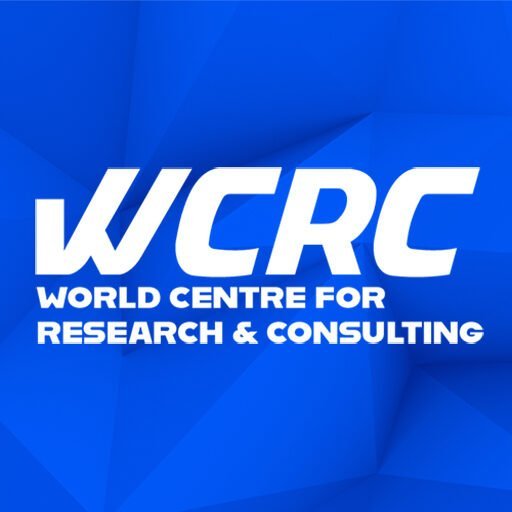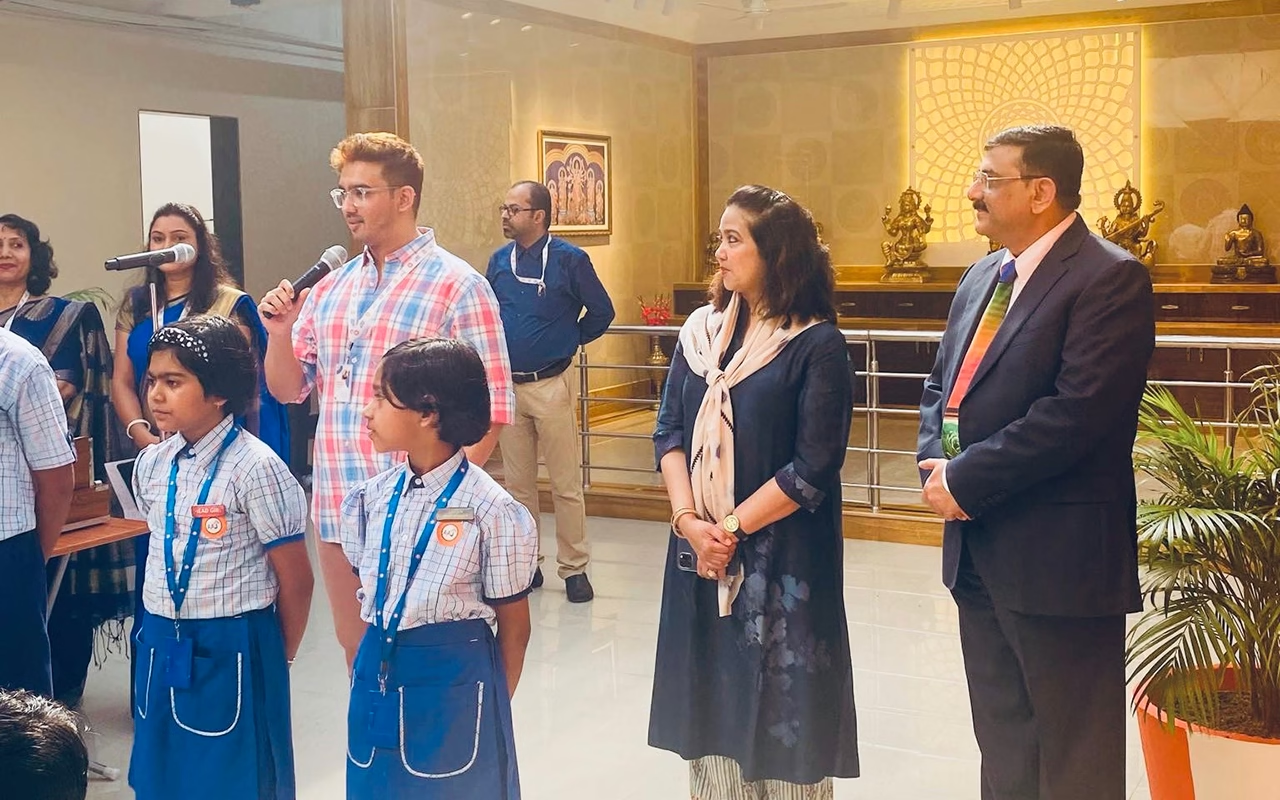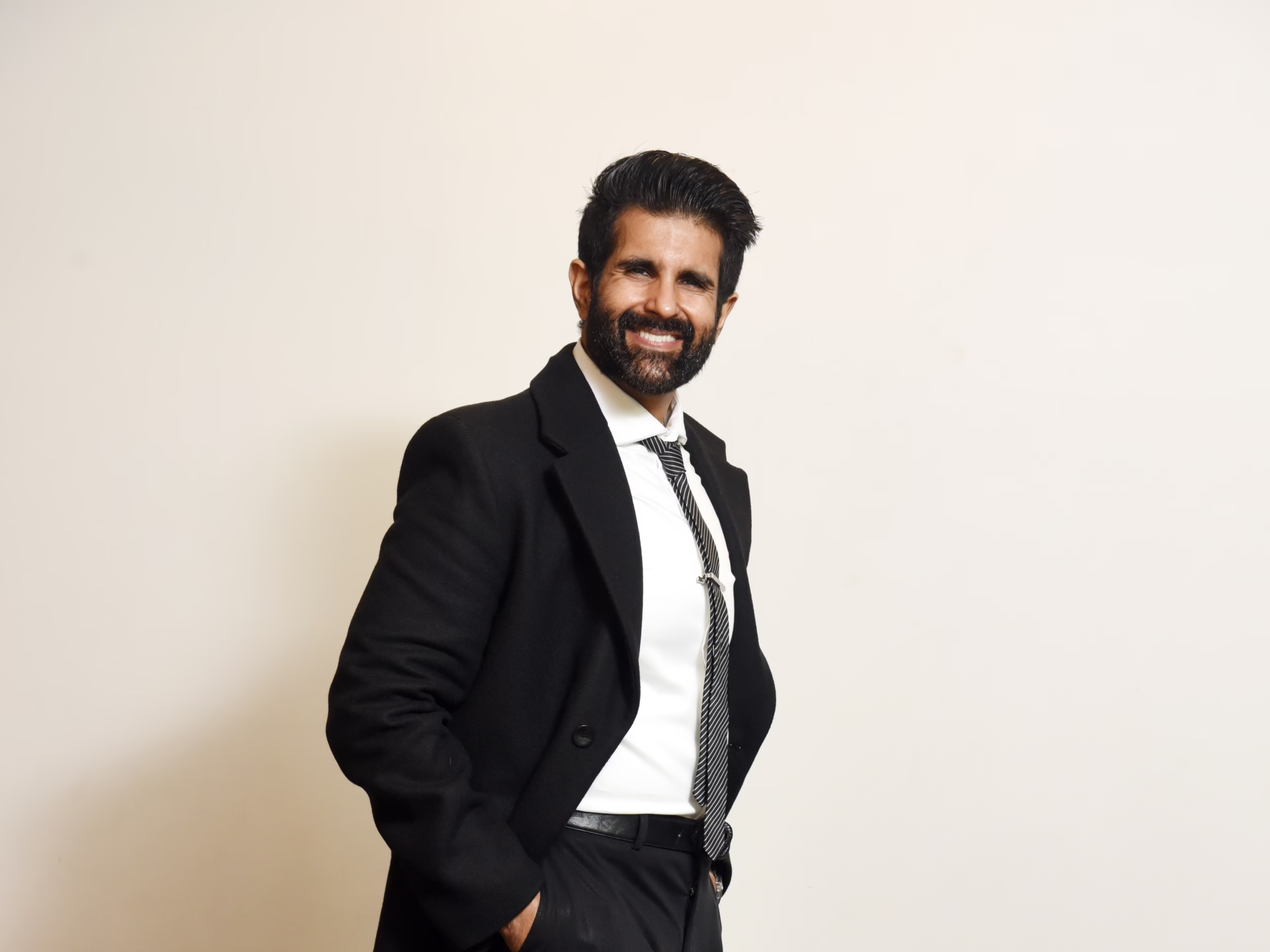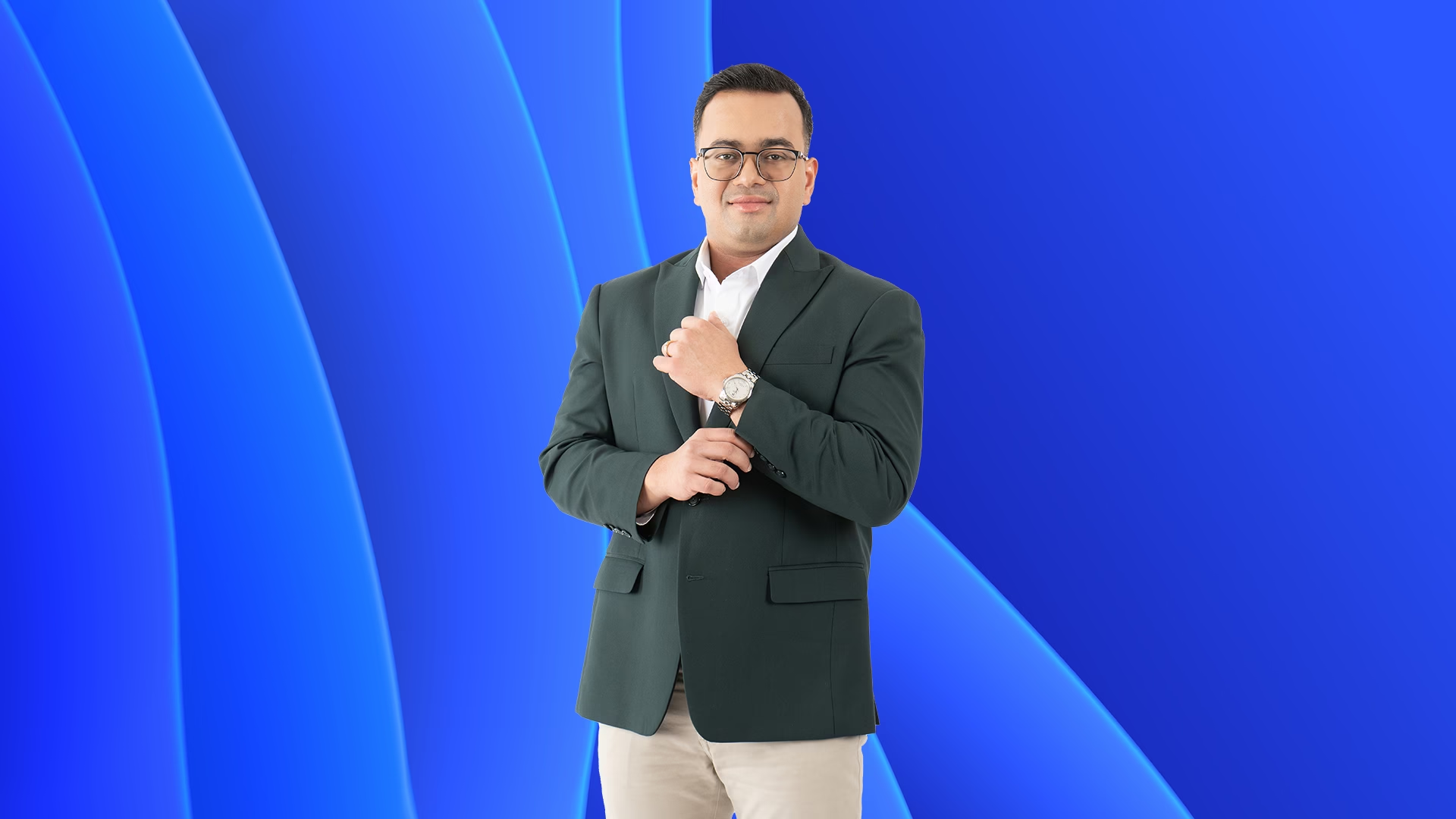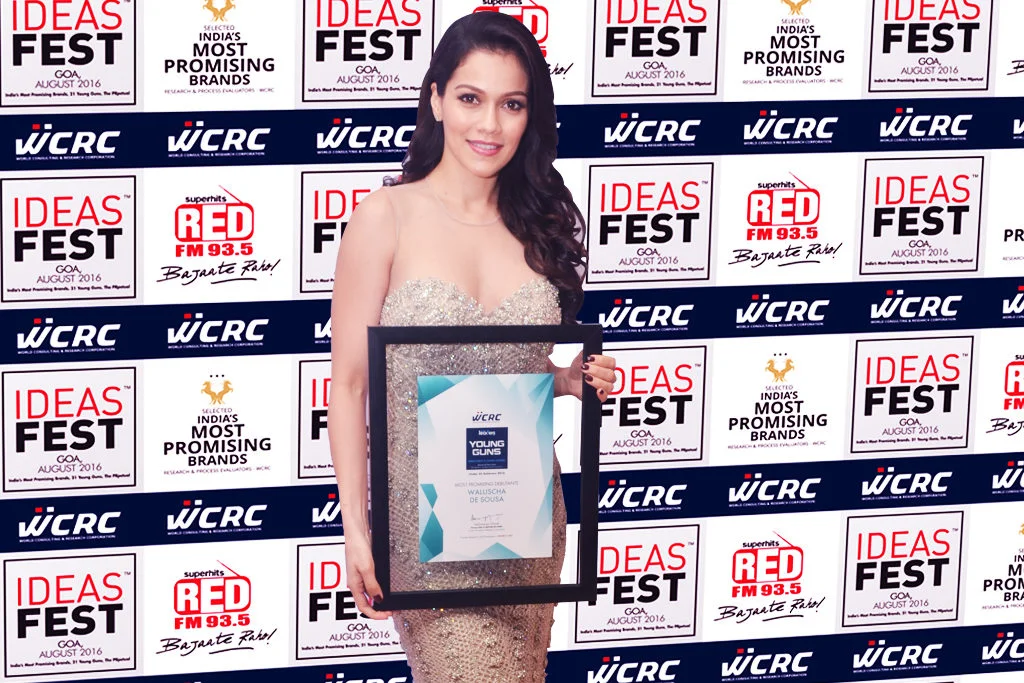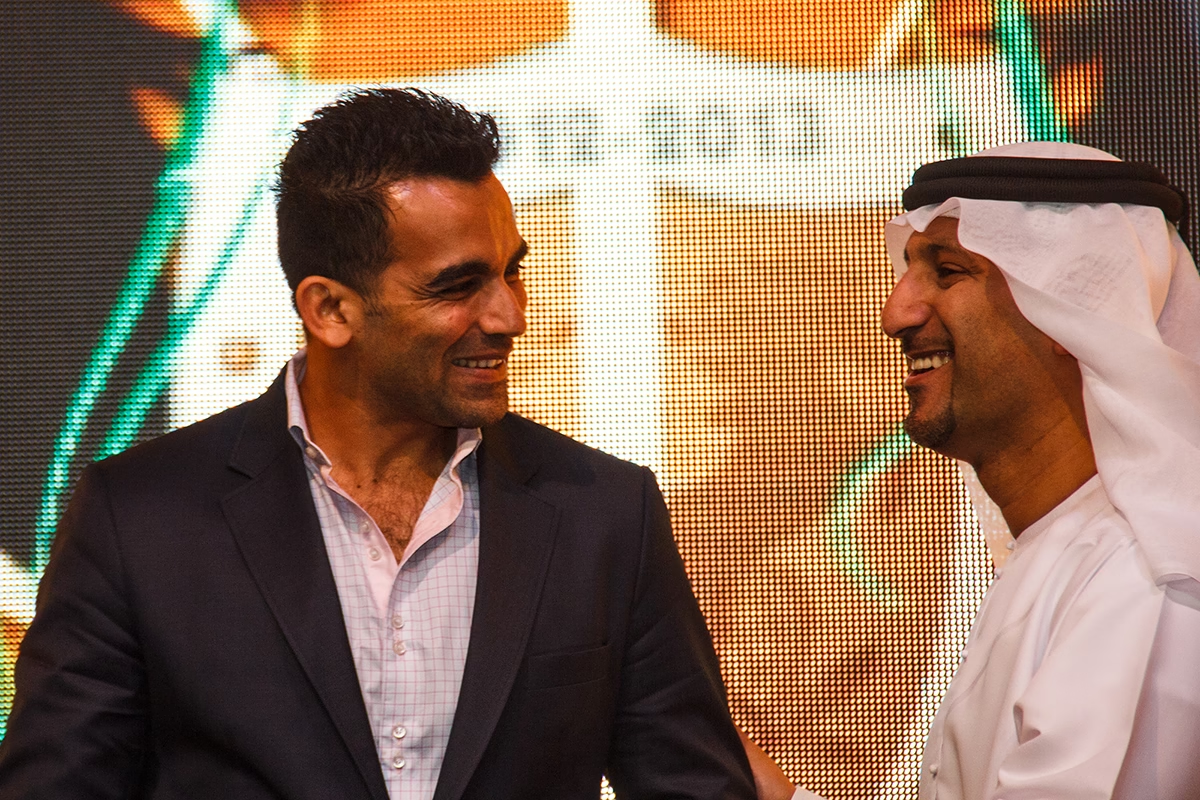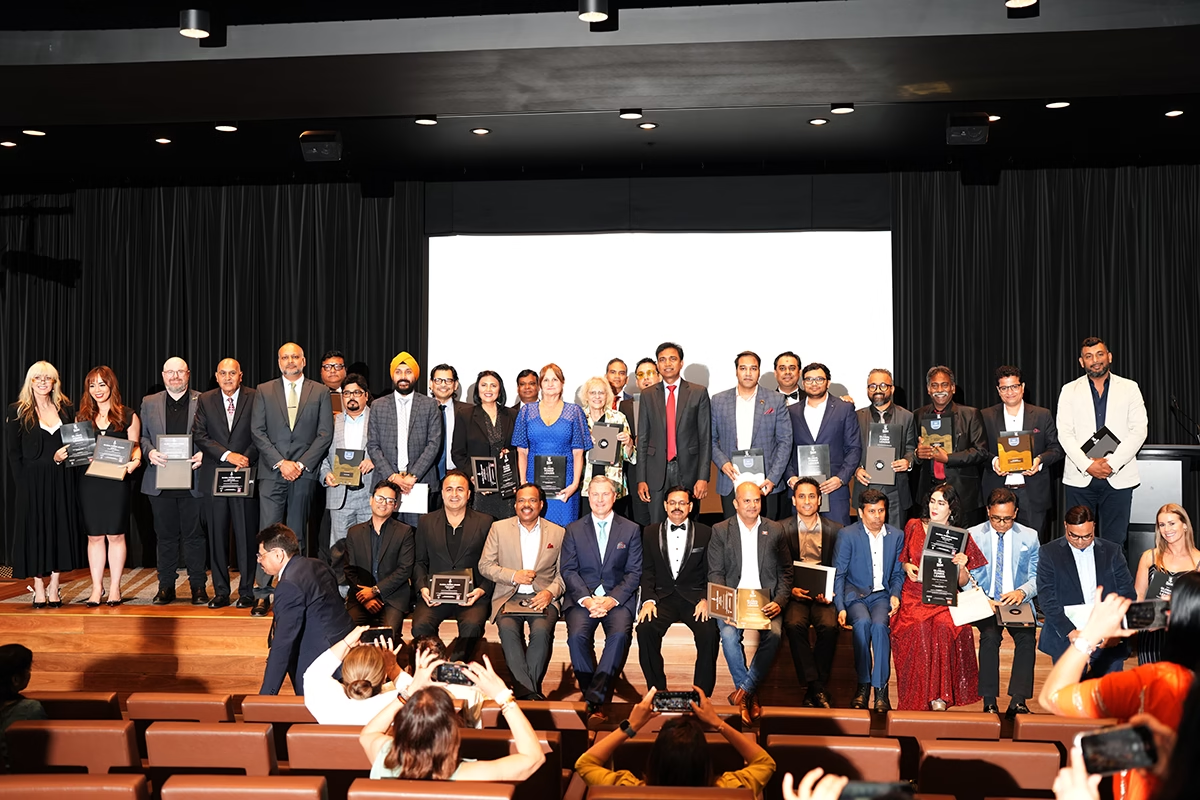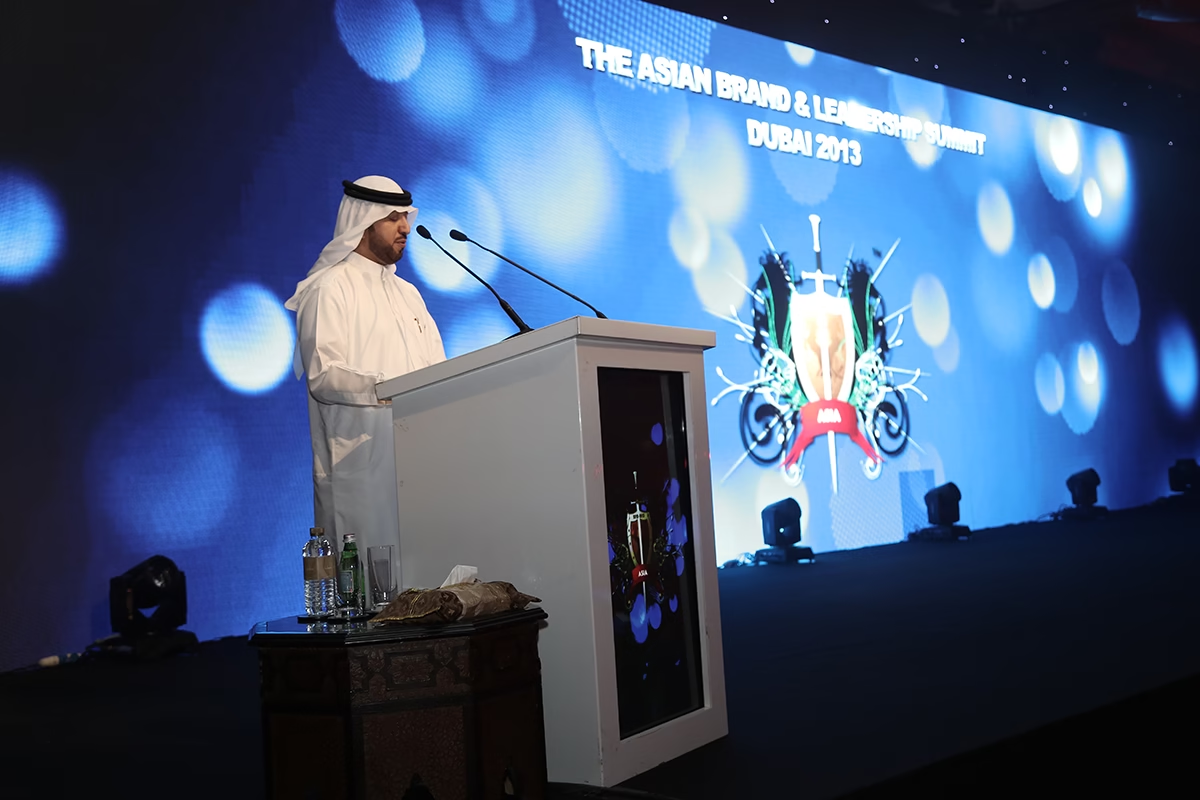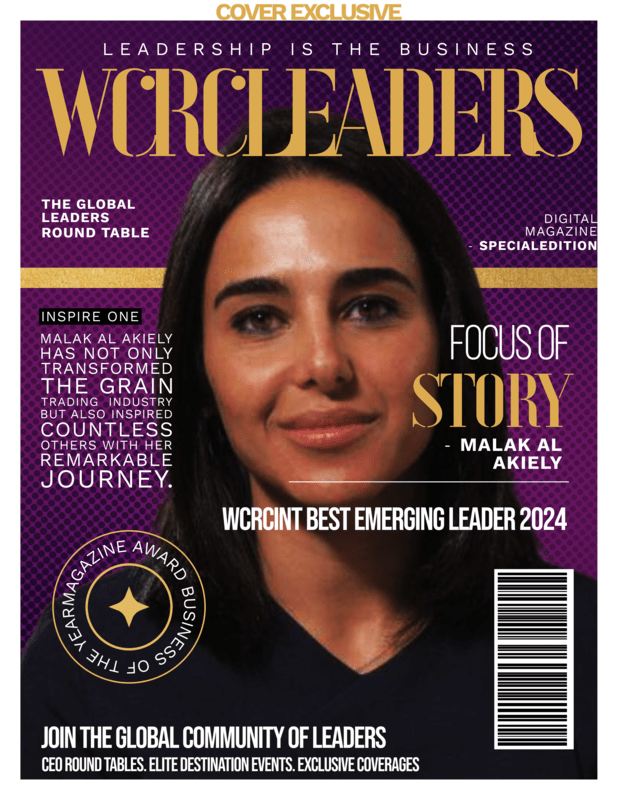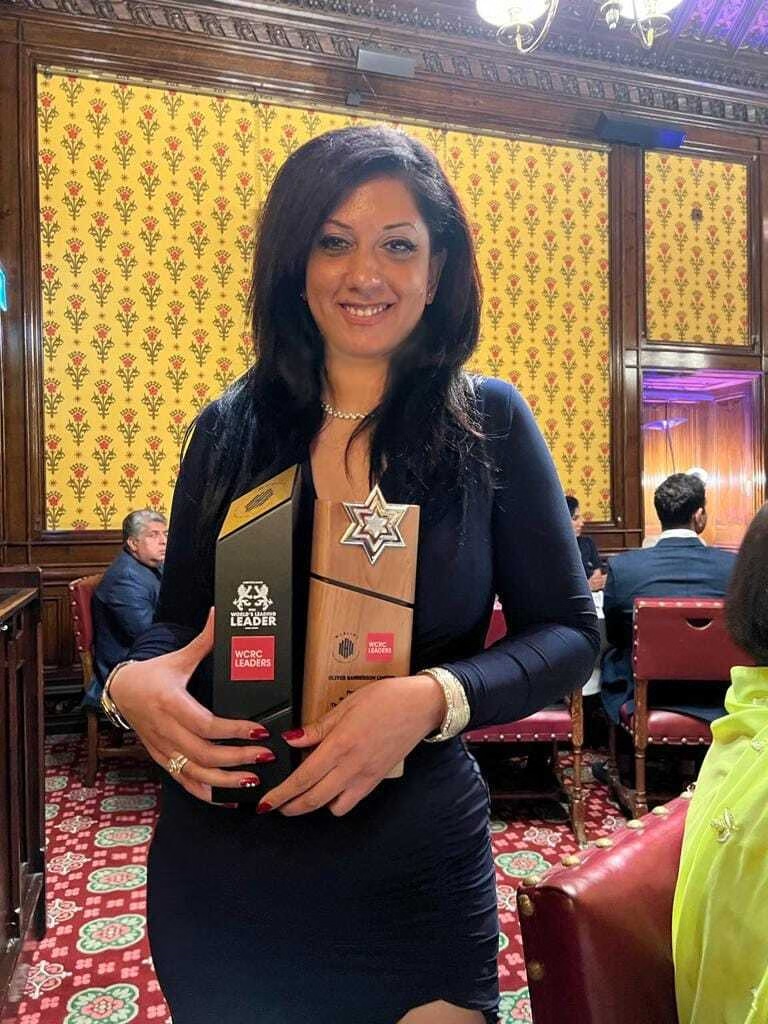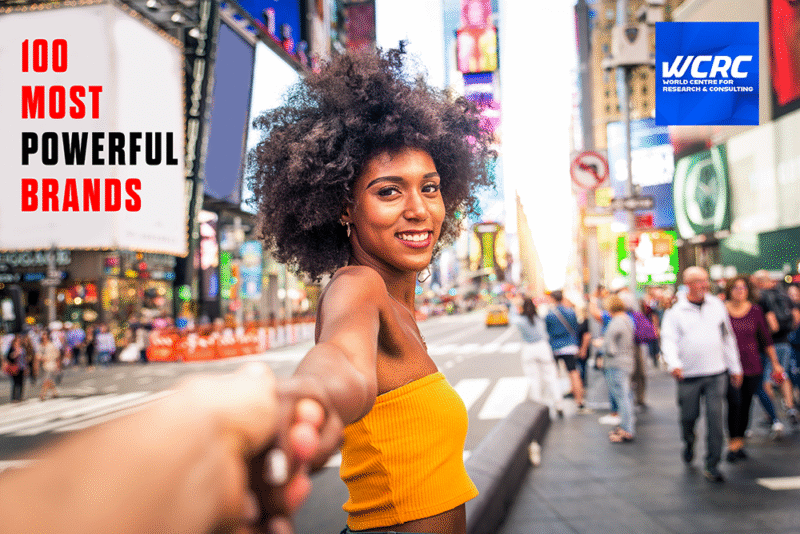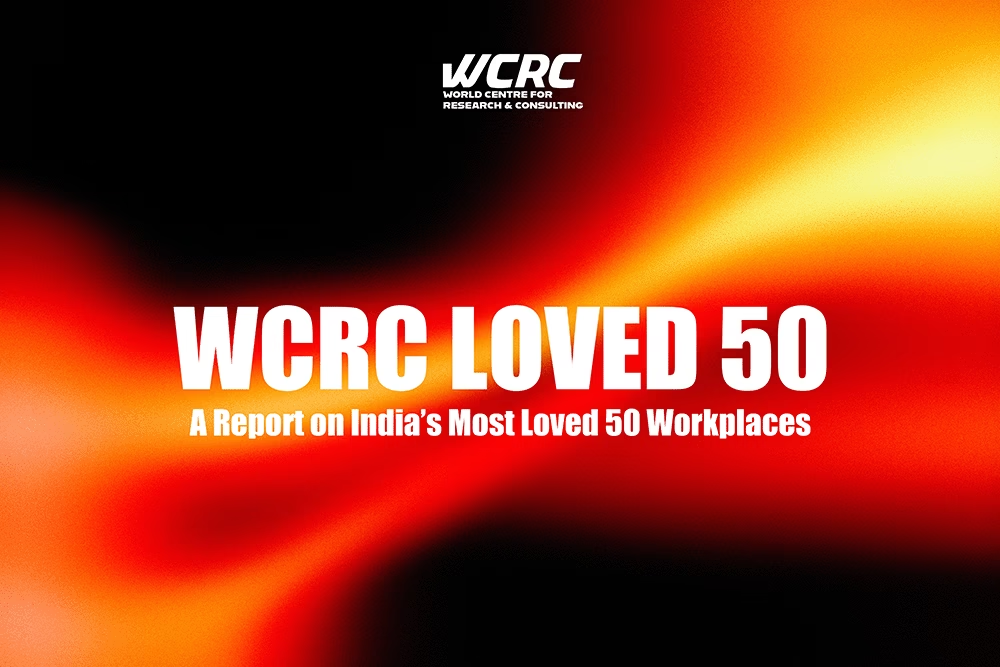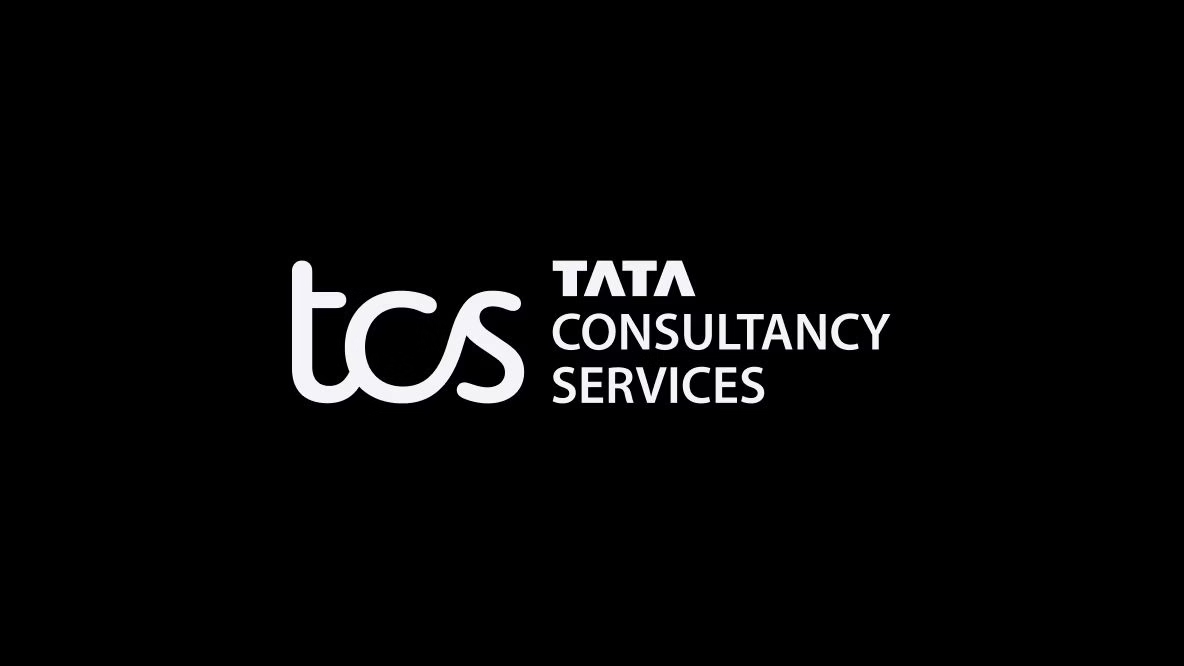In the digital age, the intersection of technology and commerce presents a unique opportunity for industry leaders to not only drive economic growth but also contribute to global sustainability. Selected as WCRCINT World’s Leading Leader, Sameer Deolalikar, as the visionary Founder and CEO of Fyaril AB, has harnessed the power of e-commerce to align with the United Nations’ Sustainable Development Goals (SDGs), showcasing a commitment to responsible business practices and ethical consumption.
Fyaril AB, under Deolalikar’s leadership, has embraced the UN SDGs as a guiding framework for its operations, aligning its business practices with global efforts to address social, economic, and environmental challenges. At the forefront of this commitment is Fyaril AB’s dedication to sustainable consumption, echoing the principles of SDG 12: Responsible Consumption and Production.
One of the pillars of Deolalikar’s approach to sustainability is evident in Fyaril AB’s promotion of eco-friendly products and sellers committed to ethical business practices. By providing a platform that prioritizes environmentally conscious choices, the company contributes to SDG 13: Climate Action, fostering a marketplace that recognizes the importance of reducing the carbon footprint associated with consumer goods.
Under the banner of Fyaril AB, Sameer Deolalikar champions SDG 8: Decent Work and Economic Growth by fostering fair and transparent business practices. The platform provides opportunities for sellers from diverse backgrounds, supporting local economies and creating a marketplace where ethical entrepreneurship thrives.
Deolalikar’s commitment to the empowerment of marginalized communities is aligned with SDG 1: No Poverty and SDG 10: Reduced Inequality. Through initiatives that encourage the participation of small businesses and artisans, Fyaril AB becomes a catalyst for economic inclusivity, contributing to poverty alleviation and promoting fair trade practices.
A notable aspect of Fyaril AB’s sustainable approach is Deolalikar’s emphasis on community building within the platform. By creating an environment where buyers and sellers engage in meaningful interactions, Fyaril AB fosters a sense of interconnectedness, supporting SDG 16: Peace, Justice, and Strong Institutions.
As a thought leader, Sameer Deolalikar actively promotes the alignment of business practices with the SDGs. By participating in industry discussions and conferences, he advocates for the integration of sustainable development principles into the core of e-commerce operations. His influence extends beyond Fyaril AB, contributing to a broader dialogue on the role of businesses in achieving the UN Sustainable Development Goals.
In a world where commerce plays a pivotal role in shaping societal norms, Sameer Deolalikar and Fyaril AB stand as beacons of sustainable and responsible business practices. By intertwining the company’s mission with the UN SDGs, Deolalikar paves the way for a new era of e-commerce—one that prioritizes people, planet, and prosperity, proving that commerce can be a force for positive change on a global scale.
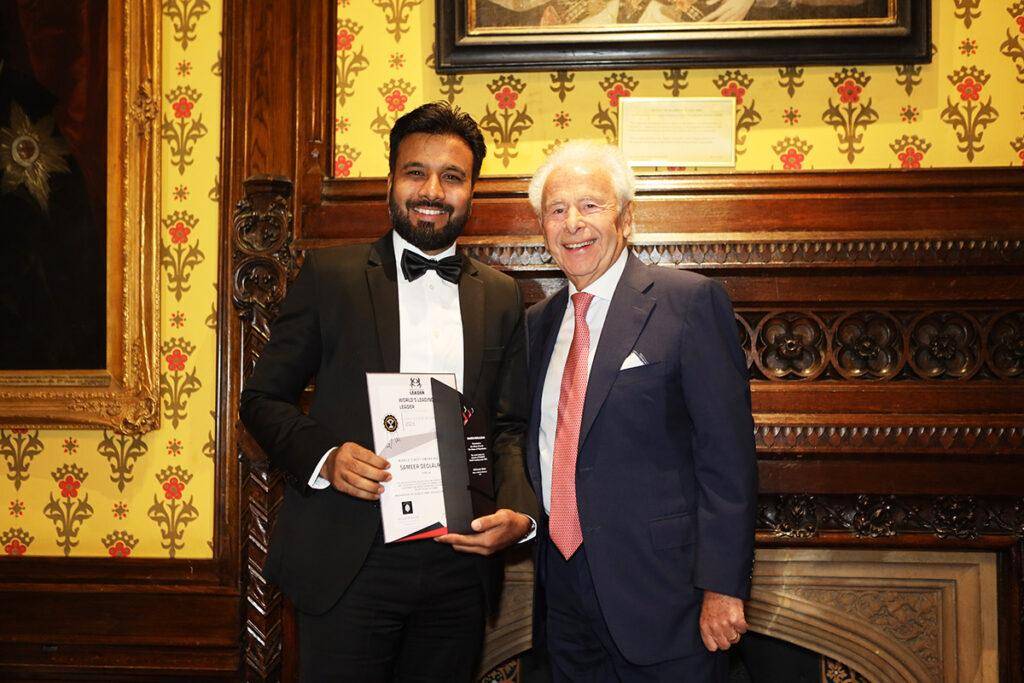
In conversation with Sameer Deolalikar, Founder & CEO, Fyaril AB
What makes a reliable and trustworthy business leader?
Trust is the foundation for all transactions, or at least, for initiating a business relation- ship, it is very important that you can build that mutual trust on a working level. I believe that being a trustworthy is important for a leader. For example, if you are describing that your product or service is the best and better than other competing services or products, it must have substance. Do not promise what you cannot deliver. However, you can convey to others how and what you can deliver. Often, it’s not that people want perfect products or services- they are looking for a reliable approach to achieve that quality of product or service. For example, if you tell someone that you can deliver the product after six months, but in between you can deliver those few steps leading up to the product, then that’s more realistic. Building trust takes time, and so does building a business relation- ship. But once you crossover, you will continue to grow together. If for some reason you are not able to deliver, you cannot only look at the bottom line. You should be able to consider everyone’s business interests, and in many cases, personal interests as well, to establish yourself as a business leader.
As a business leader, you should have a vision. You should be able to see things that others may not be able to see, and you should be able to execute in a way that benefits everyone. Finally, you should be able to deliver on the promise you make as a leader or as the CEO of a company, or as a manager leading a team. Trustworthy, reliable leaders should also be empathetic and compassionate, you should understand that your decisions as a leader can have an impact not just on their own lives but their careers, lives of those around you, such as your family and friends. If you can understand and take it into account while making decisions, that’s empathy. And when you are empathetic to a person, understand them and help them through a difficult time, often they will come back and deliver more than they promised.
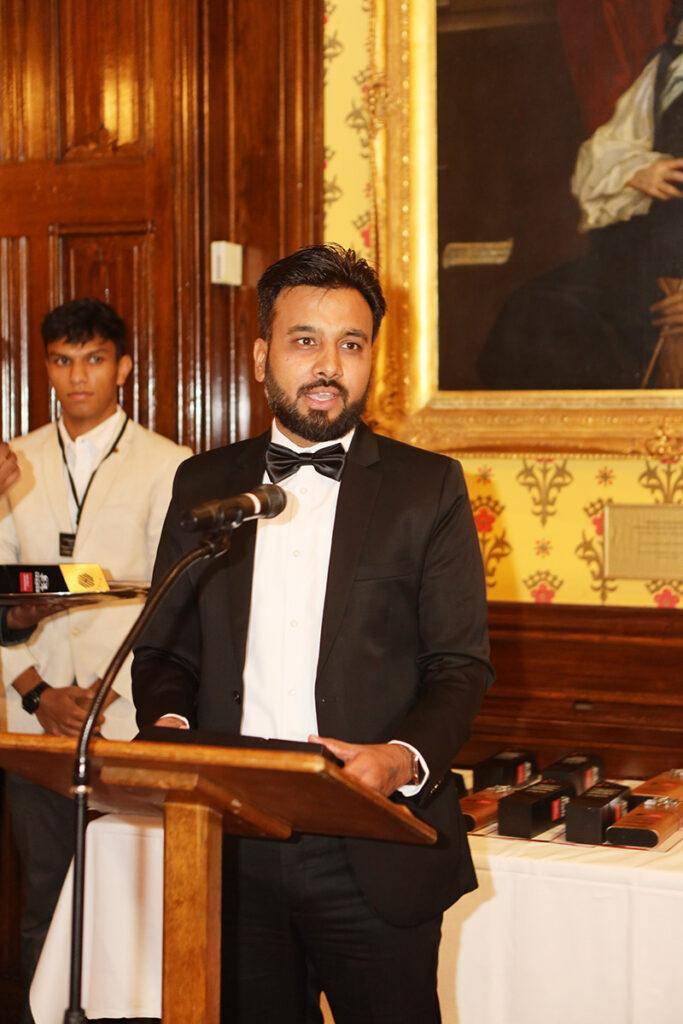
How have you re-strategized and adapted to digital transformations globally?
Digital transformation is happening all over the world. That is probably why we are a company based in Sweden that manages the entire digital value chain from India. In recent years, especially in the days of COVID, we saw that the whole world had access only to digital media – for shopping or communication, among other things. COVID accelerated the growth of digitalization around the world, especially in India, where the e-commerce market was still in its infancy. Over the course of COVID, development accelerated to such an extent that digitization became the decisive factor for the communication and delivery of goods. Digitization also became the most important source of revenue for manufactur- ers and other players to survive during this period.
As we are a young company, we have not re-strategized and adapted to digital transfor- mation, in fact, digitalization is at the core of our business. Our goal is to integrate the entire supply chain on the digital platform so that it becomes transparent and traceable for our customers. Therefore, I would not say that we are pursuing a new strategy, but that our origins lie in digitalization.
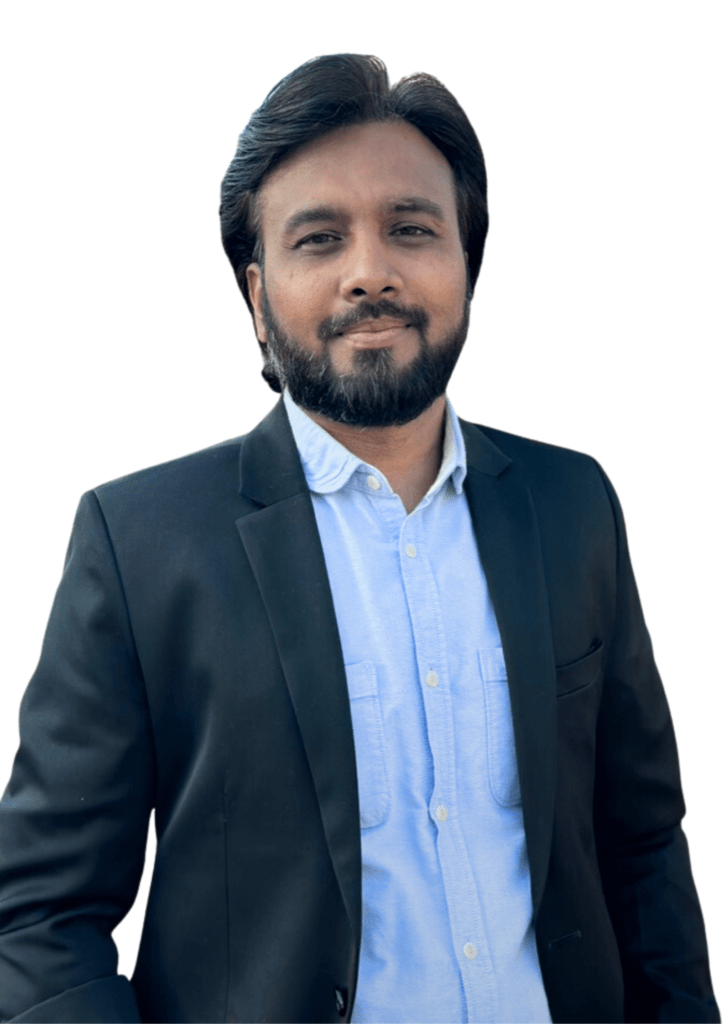
What are the clear changes that you have made to your journey in the last decade?
I have evolved not only in terms of my understanding of world dynamics but also in terms of my outlook. 10 years ago, I was managing sales for a large corporation in Eu- rope, where I had a reasonably high level of responsibility. As I started traveling around
the world, especially in Europe, I realized that consumers are leaning more and more to- ward sustainable practices. There is a lot of interest and understanding in making a positive contribution to the society and the environment in general.
I have found that there is a lack of opportunities to fulfill these desires and expectations of people. For example, there are companies like Fairtrade that offer traded products and charge a premium for them. Thus, the concept of sustainability or impact has been largely associated with premium and expensive products. Consumers need to realize that there are many opportunities around them to buy sustainably if they change their buying practices.
Being from India, I realized that there is great potential to introduce products from India in the international markets. I see that regulations in Europe today are much more fo- cused on sustainability than in other parts of the world. At the same time, I realized that lifestyle, wellness, and sustainable living are much more prevalent in India than in Europe. This led to the creation of Fyaril. This realization of moving towards a sustaina- ble world in the last few years has been my biggest takeaway.
What is the current vision and mission in your current role?
At the core of Fyaril’s existence is a strong desire to make the world a better place. Fyaril strives to contribute positively to the United Nations Sustainable Development Goals (SDGs), to make measurement and traceable impact, and to ensure that the last stake- holder in the value chain benefits.
Our vision is very straightforward. We want to become the world’s largest marketplace for sustainable products. How do we want to achieve that? We want to give manufactur- ers, no matter where they are location, the opportunity to sell to any other person or company in the world, regardless of location, country, language, culture, or currency. For example, by providing a global sales channel for artisans and handloom manufactur- ers, Fyaril can create positive change for the workers and artisans who work hard to make products that are used by millions of consumers around the world.
With Fyaril, we have developed a system that will change the European landscape for online retail. Our motto is: ‘Buy local, sell global’ – means manufacturers can sell glob- ally while buyers can get buying experience same as buying from local shop. We con- tinue to bring sustainable products and brands from India directly to customers in Eu- rope. Our goal is to help sellers/manufacturers in India go global through our unique, fully integrated, compliance-compliant, and cost-effective platform.
How do you draw a balance between target orientation and empathetic and compassionate leadership?
Good question. As a leader, you often have a goal in mind. And if an employee has a problem, or a critical deadline is coming up, or a business partner or associate is in a situation where they are not prioritizing your work, but they are focusing on other priori- ties – I think you must be thoughtful in deciding what you want to accomplish or what your goal is. As a leader, how would you tackle the current obstacles?
It has been my experience that small obstacles are often irrelevant in the context of bigger things. They may be inconvenient in the short term but will help in the long term if you are able to care more about people. However, you need to protect your business interests. For example, there are times when I need to step in and do things that are otherwise delegated to others. As a leader, you should be able to cover the full spectrum of work that you can do yourself or others can do for you, and you should recognize when someone needs support. I think that’s a very important skill for a leader.
What has been your greatest strength and weakness in the context of leader- ship?
As a leader, you are constantly improving. Every day you experience new situations, learn, and improvise in different situations – whether it’s with your employees, whether it’s with your partners, business associates, or customers. One of our greatest strengths is being inclusive. Our approach from the beginning has been to be inclusive of everything once we set our goals and expectations. We always work to protect stakeholders’ interests and sometimes, may not succeed, but at least, we know that we have made an honest effort. Then you go back, learn, reflect, and come back to correct those mistakes and not repeat them next time. We started with nothing on the platform. Now we have 80+ vendors and 5500+ products. We kept making mistakes, learn from them and get better.
As for weaknesses, there are areas where we are developing and constantly growing. As I mentioned earlier, I am constantly adapting and learning through challenging situations; whether it’s running a business or growing our team we have a lot to learn and improve. As a young startup, every day we get the opportunity to learn, reflect, perform better therefore, there will be weaknesses and areas to improve and succeed.
